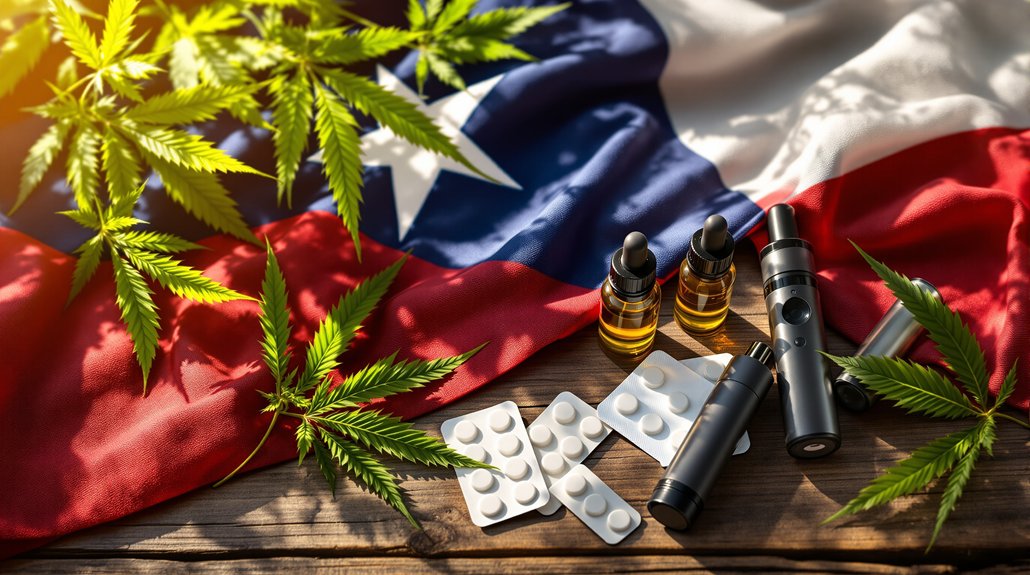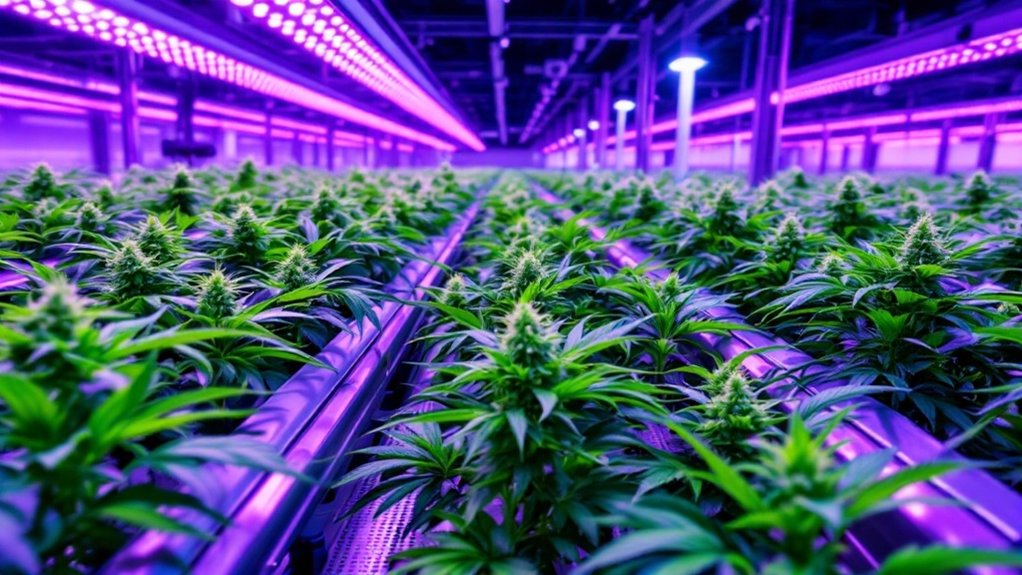Cannabis businesses face a dangerous gap between what they think their general liability insurance covers and what insurers actually pay out when claims arise. Standard business owners often assume their policies will protect them from lawsuits, property damage, and operational risks, but cannabis companies discover harsh realities when filing claims. Federal and state legal conflicts create automatic exclusions, product liability issues can trigger immediate denials, and worker injury claims face unique rejection criteria that leave business owners financially exposed at the worst possible moments.
Coverage That Cannabis Businesses Can Actually Count On
Why do cannabis businesses struggle to find reliable insurance coverage when traditional carriers often shy away from the industry? The answer lies in finding specialized insurers who understand cannabis operations and provide consistent protection.
General liability insurance serves as the foundation for cannabis businesses, covering bodily injury and property damage claims that arise from daily operations. This coverage extends across dispensaries, cultivation facilities, manufacturers, and consumption lounges, providing essential protection for any incidents.
The most reliable coverage includes medical costs, legal defense expenses, and settlements for customer injuries occurring on business premises. Personal and advertising injury protection guards against slander or libel claims, while property damage coverage handles accidents affecting third-party belongings.
Many states mandate this coverage for licensed cannabis operators, making it both legally required and practically essential for business continuity. Given that most cannabis businesses operate in cash transactions, they face heightened security risks compared to other retail operations. Specialized cannabis insurers often operate through A.M. Best A Rated program carriers, ensuring financial stability and claims-paying ability for policyholders. These insurers bring intellectual capital and experienced professionals who understand the complex exposures unique to the legal cannabis industry.
Common Claims That Get Rejected and Why
Rejection becomes a harsh reality for many cannabis businesses when they discover their insurance claims face denial despite paying premiums for coverage.
Federal-state law conflicts create the most common rejection scenario, with insurers invoking public policy exclusions based on cannabis remaining federally illegal under the Controlled Substances Act.
Insurers routinely deny cannabis business claims by citing federal illegality conflicts, despite businesses operating within state-compliant frameworks.
Product liability claims frequently face denial through health hazard exclusions, particularly when consumers allege illness from cannabis consumption or contaminated products like vape cartridges. The legal landscape remains complex as products claiming compliance through hemp derivation with less than 0.3% delta-9 THC face federal scrutiny when THC levels exceed this threshold. Even when claims appear groundless, cannabis operators still face substantial defense costs that can drain resources regardless of ultimate case outcomes.
Misrepresentation issues trigger automatic denials when businesses mislabel THC content, make unsubstantiated medical claims, or forge lab results.
Workers’ compensation rejections occur regularly for medical cannabis treatments due to federal non-recognition.
Even transport claims crossing state lines face denial since interstate cannabis transfer violates federal law, leaving businesses vulnerable despite state-level compliance.
How Cannabis General Liability Differs From Standard Business Policies
While standard business general liability policies follow established industry frameworks, cannabis general liability insurance operates within a fundamentally different structure that reflects the unique legal and regulatory challenges facing the industry.
Cannabis policies typically exclude product liability coverage, forcing businesses to purchase separate policies, whereas standard business GL automatically includes this protection.
Special exclusions in cannabis policies cover criminal acts, governmental enforcement actions, and marijuana intoxication claims, restrictions rarely found in conventional business insurance.
The regulatory environment creates additional complications, with only about 30 U.S. insurers offering cannabis-specific coverage as of 2021. Cannabis businesses must also contend with data breach exposures that can result in significant financial losses from security failures or compromised customer information.
Cannabis businesses often face lower policy limits averaging $1 million per occurrence compared to higher baseline options available for standard businesses, while dealing with cash-only premium payments due to banking restrictions. These operations carry heightened risks of theft and product liability due to their inability to utilize traditional banking services.
This article provides general educational information about insurance and compliance requirements. Specific regulations vary by state and change frequently. Always consult with legal counsel and insurance experts for guidance on your specific situation and jurisdiction. For more information, check out our Guide to Cannabis Business Insurance.









